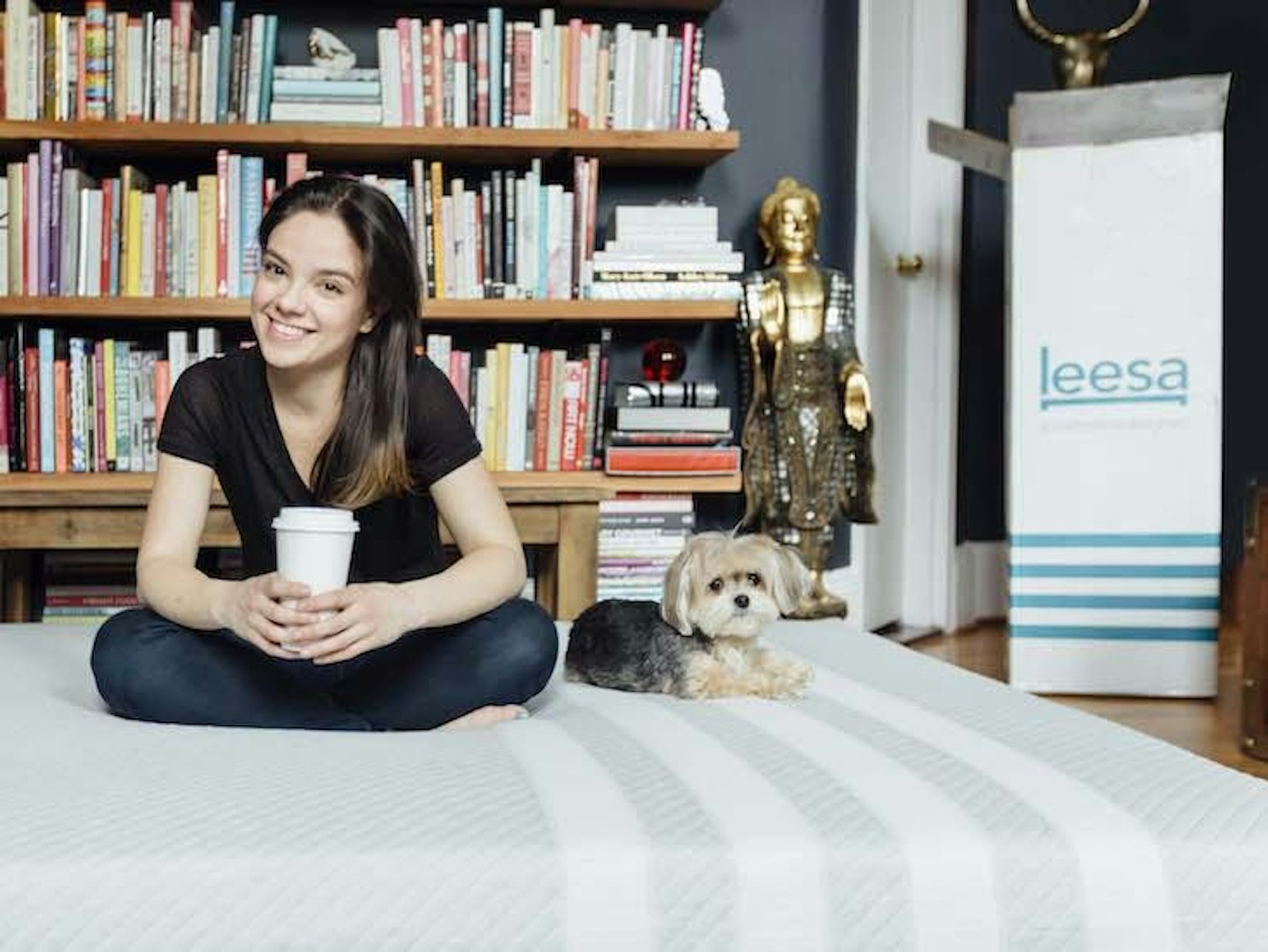Buyer’s remorse. It’s that sickening feeling you get when you come home from the store, unwrap your purchase, and start thinking about should-haves and could-haves. A 2014 Psychology and Marketing review identifies some of the reasons that spur this most uncomfortable of consumer emotions: getting new information after purchase, for example, or using the product for a bit and then changing your mind.
The question is, how do you avoid it? One option is to purchase from a store that will let you return the item. Researchers have found that the ability to return apparel purchases increased both the perceived worth of a good, and the demand for it. “For example,” they write, “the option to return women’s footwear is worth an average of more than $15 per purchase to customers and increases average purchase rates by more than 50%.”
There is another option, which is less obvious: reduce the amount of choice you need to deal with. In his popular 2004 book The Paradox of Choice: Why More Is Less, Barry Schwartz, a psychologist at Swarthmore College, argues that the likelihood of being afflicted with buyer’s remorse increases with the number of options. Having more to choose from can seem appealing, but that also makes you feel more responsible for the decision you make. It’s easier to “get over” a bad purchase, Schwartz says, if restricted choice makes you feel like you couldn’t have done much better. There’s evidence that low-choice business models work, too. A 2005 study found that the number of employees willing to participate in a pension plan fell by 70 percent as the number of plans increased from two to 30.
So why don’t all companies restrict choice this way? Why, for instance, are there so many different versions of toothpaste in your grocery store aisle? In “Can There Ever Be Too Many Options? A Meta-Analytic Review of Choice Overload,” published in Consumer Research in 2010, a trio of economists and psychologists note that “introducing finer distinctions within a product line”—like Crest 3D White Brilliance Toothpaste and Crest Pro-Health Advanced Extra Deep Clean—“increased perceptions of quality and that a brand offering high variety within a category has a competitive advantage.”
But this strategy may only apply to low-hassle, low-cost products, like toothpaste. We don’t really get much buyer’s remorse over a couple-dollar tube of paste—we can just throw it out. But for other industries, the exact opposite is true.
Take mattresses. Visit an outlet store, and you’ll find dozens of unfamiliar rectangular masses of fabric, which you need to compare to the one you have back home. Maybe you don’t remember, exactly, how your own mattress feels because you just haven’t thought about it much. You fastidiously test out various positions: on your back, side, stomach, and then some non-sleeping ones, like sitting against the wall. During all of this experimentation, it dawns on you that there’s an inherent problem: There’s no way to discern the most important characteristic of all, which is what it feels like to sleep on any of them. Mattresses are also usually tricky to return. Delivery men need to come. Sheets and comforters need to be removed. Costs are high.
So why not just sell consumers a single, great mattress? That is the idea behind the online mattress company, Leesa. Its single mattress is crafted to suit the needs of most sleepers—the side-sleepers, back-sleepers, stomach-sleepers, as well as the flip-floppers. It tested 30 different versions, with the final design featuring several layers: The mattress’s cover, for example, is woven from a single piece of lycra, a synthetic fiber known for its elasticity; the two-inch thick top foam layer keeps the surface ventilated and cool; the middle’s two-inch thick memory foam provides comfort; and the bottom’s dense, six-inch foam layer forms a sturdy base. All help to produce the perfect night’s rest.
Heeding the importance of the easy refund, Leesa also comes provides a free trial period: “If you don’t like it, you can return it within 100 days,” Jamie Diamonstein, Leesa’s co-founder, says. “There’s no fee. It allows customer to try it to make sure they like it.” Leesa’s single-option tack updates an aging model, Diamonstein explains. “It’s the old experience versus the new.”
It’s a double-pronged approach to a great night’s sleep: a comfortable mattress, and no buyer’s regret.
Matthew Sedacca is an editorial intern at Nautilus.


























